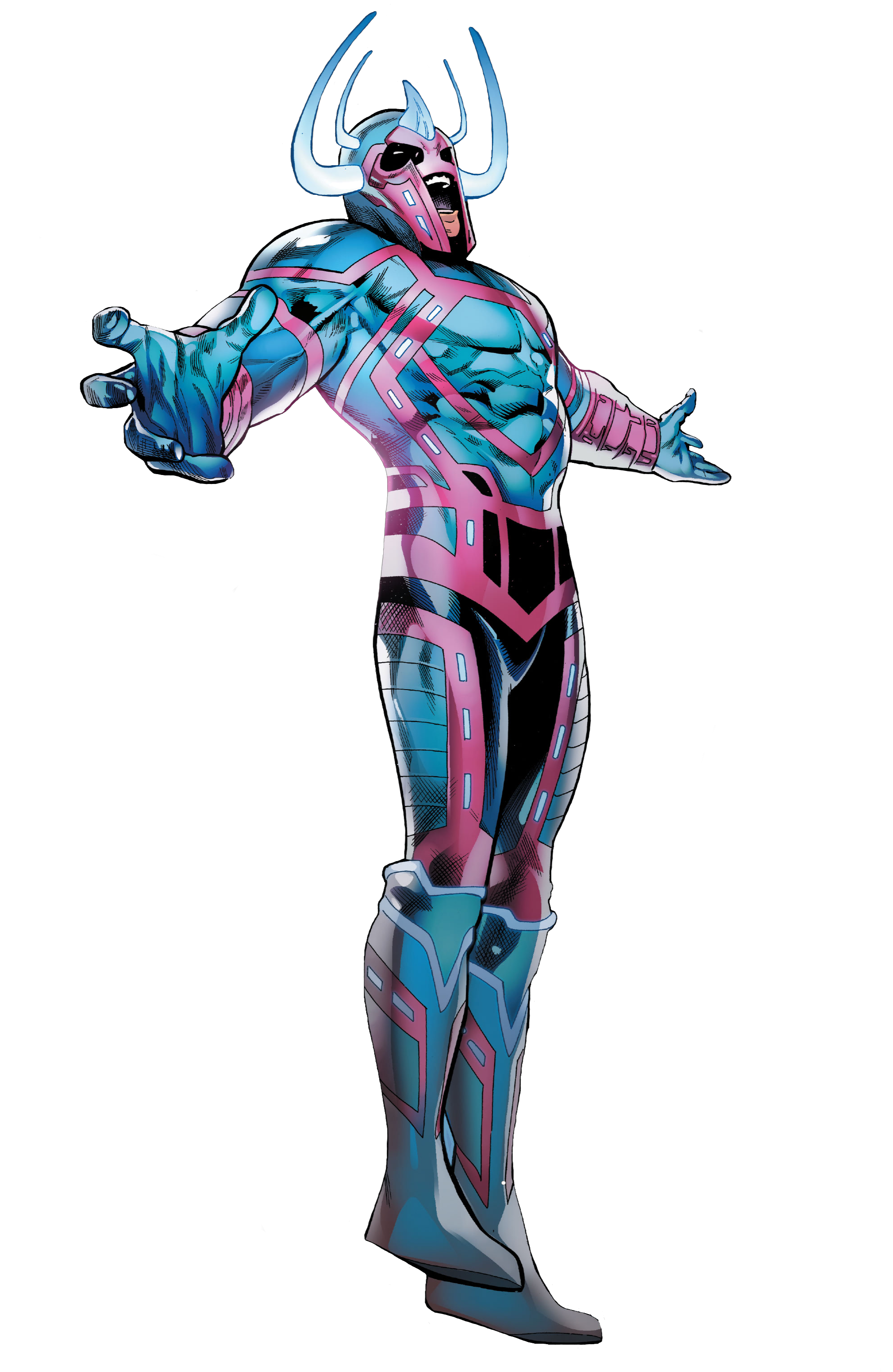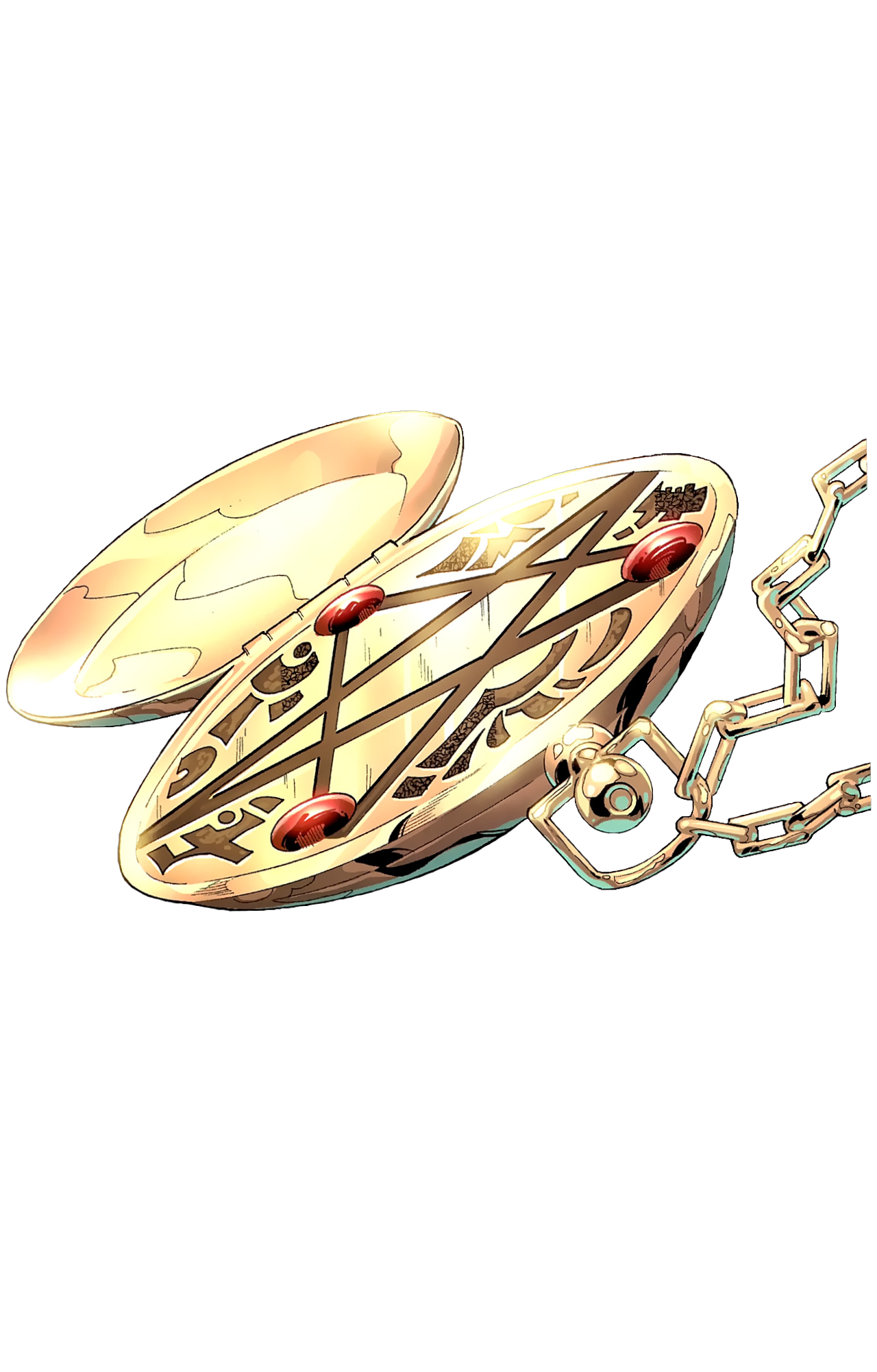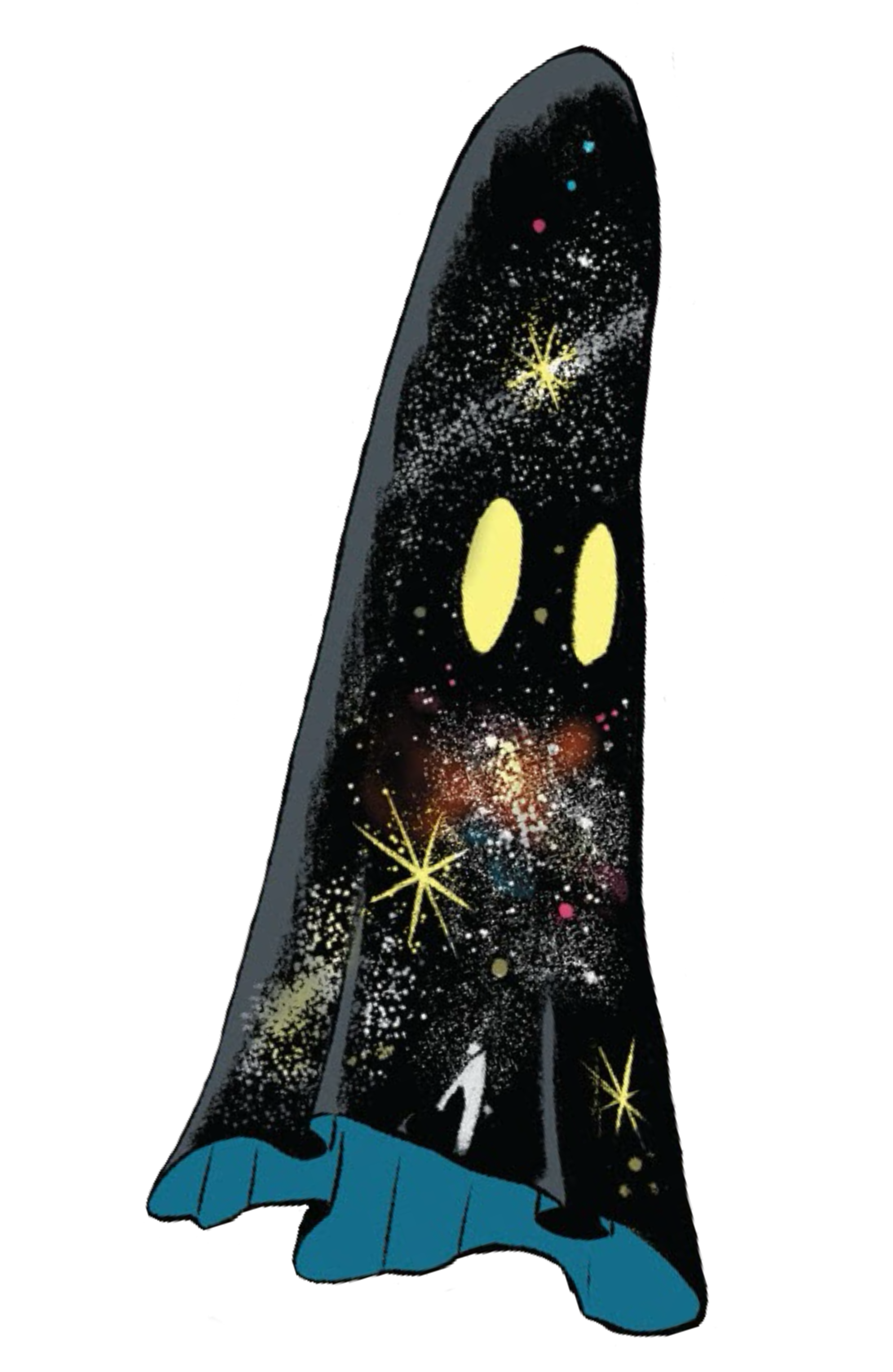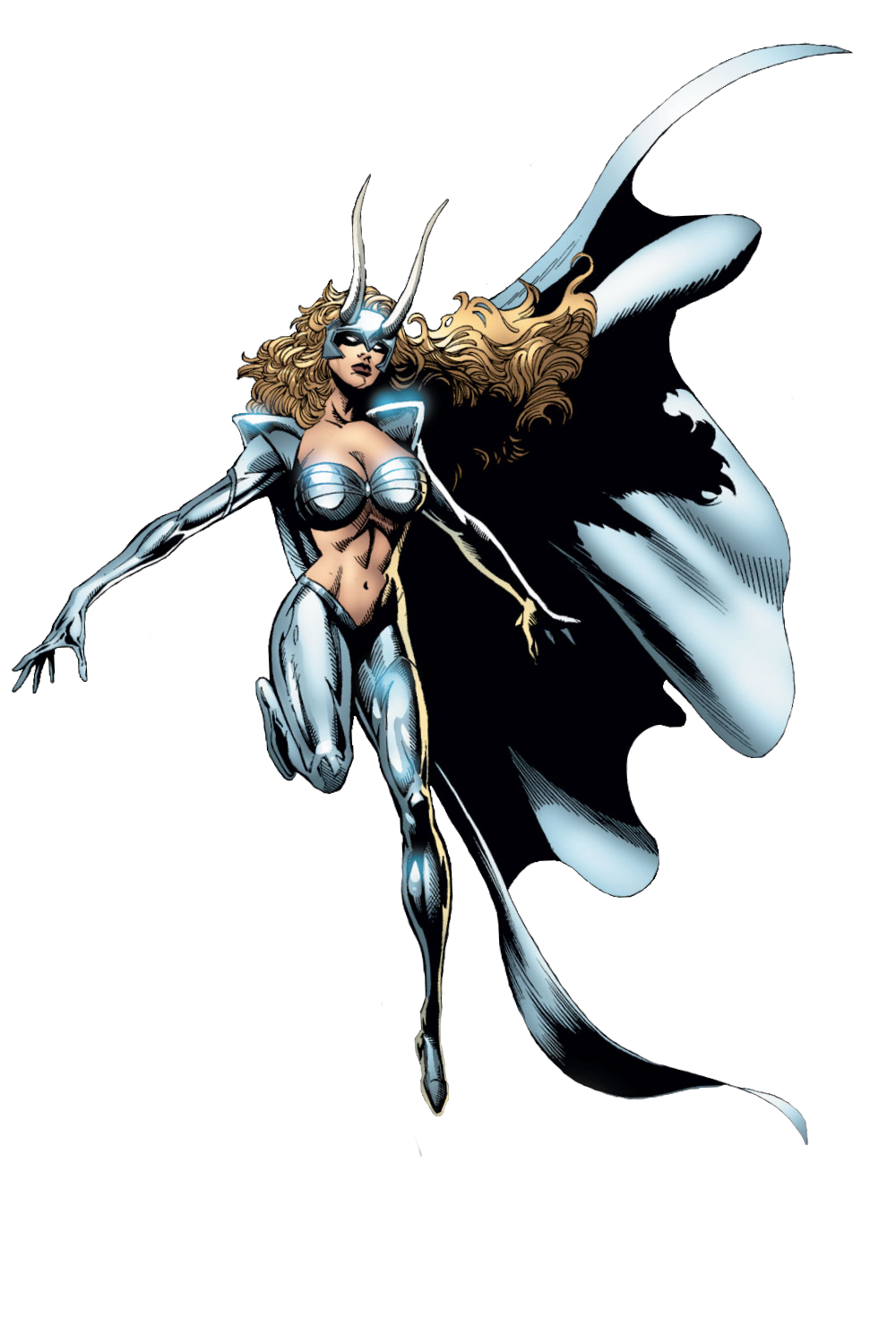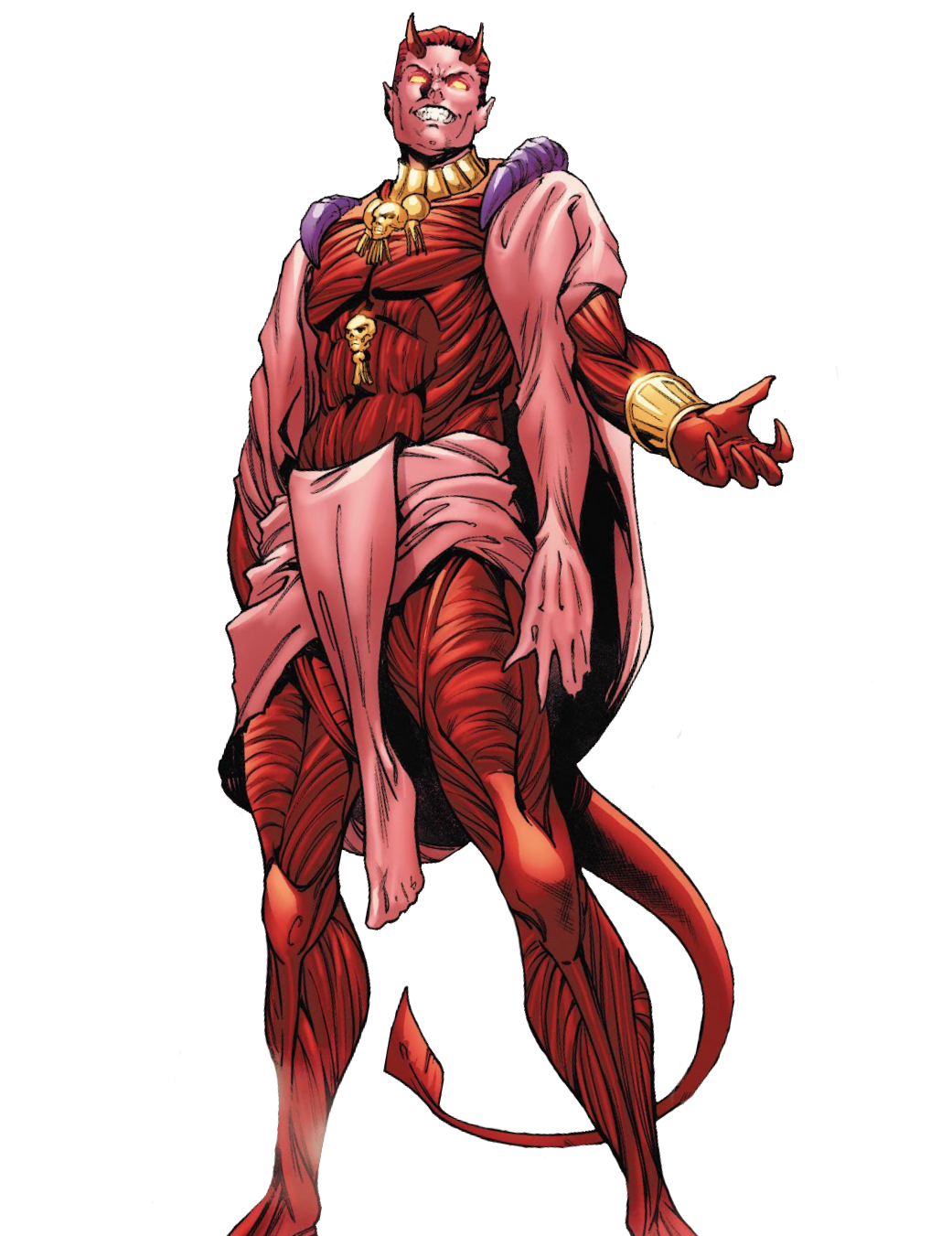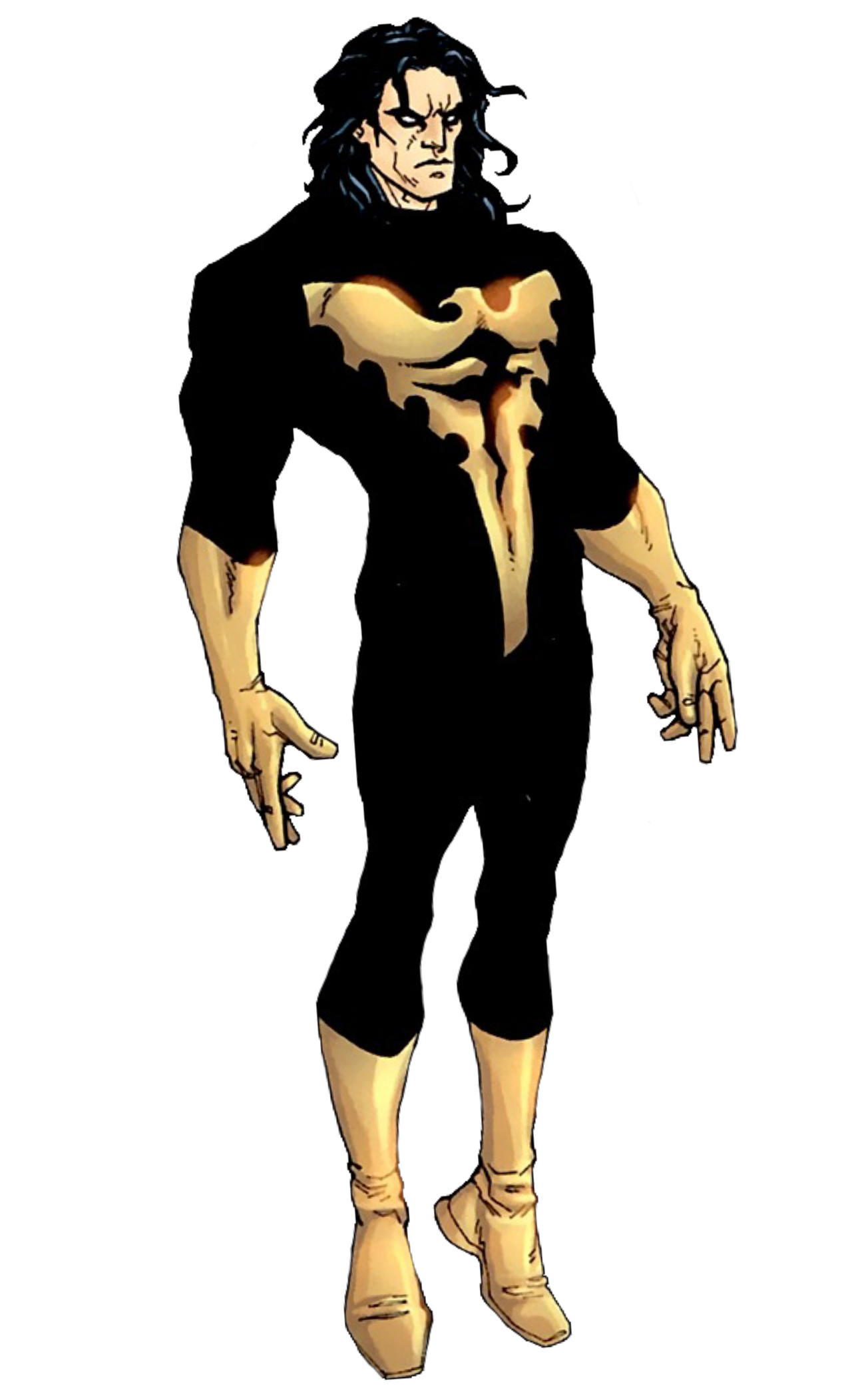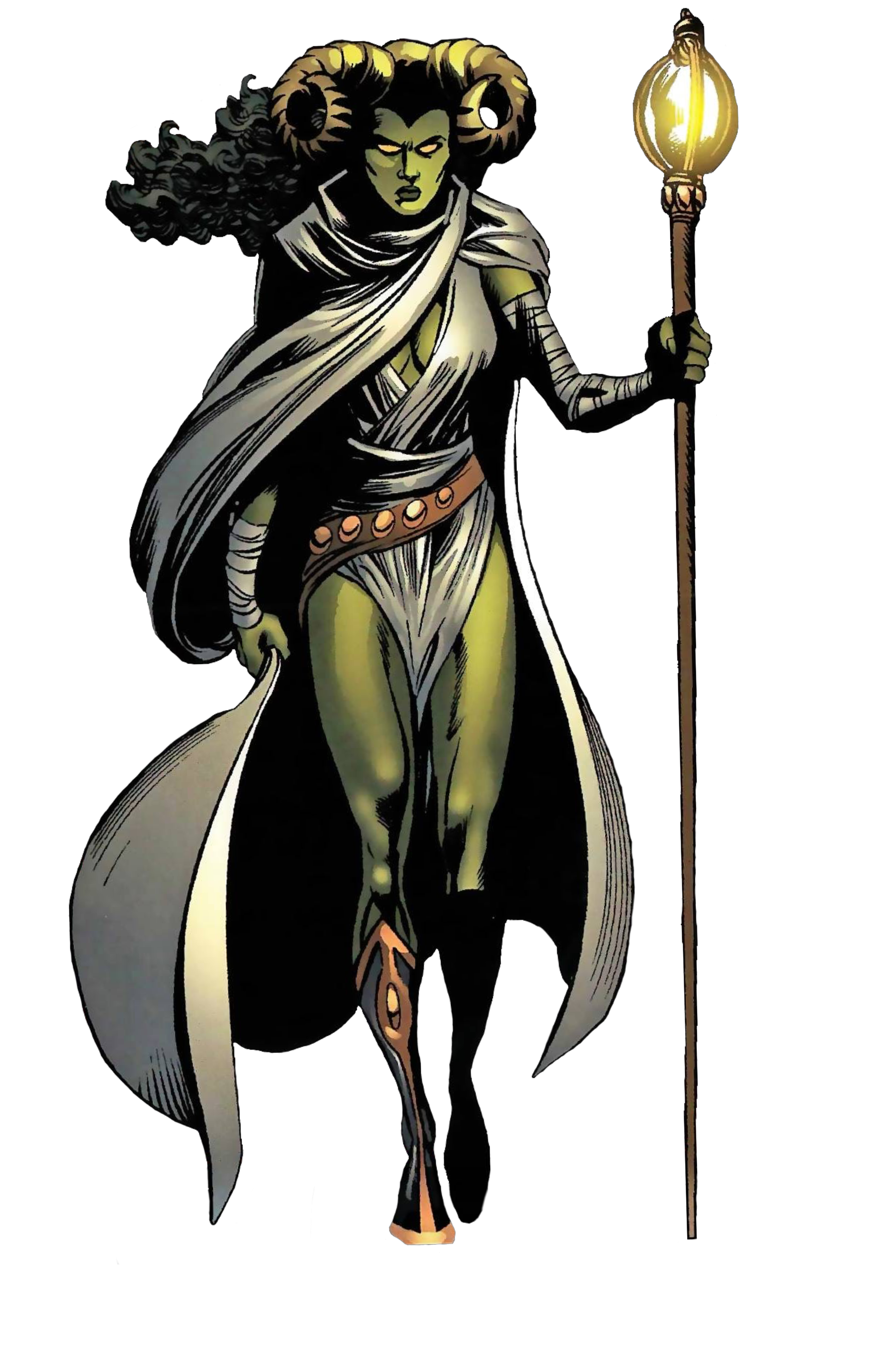Q: Are there any disqualifiers for qualitative superiority?
A: The potential disqualifiers largely revolve around the aforementioned aspect of inaccessibility: A qualitative superiority is completely irreducible to anything lesser than itself, and conversely, it cannot be reached by any additive process whatsoever.
The first practical effect of this fact is that the power of a 1-A character cannot be dispersed so much that it reaches into a lower tier. Since there is no conceivable extension of any lower tier that can yield equality to a 1-A structure, neither can there be any subdivision (Even an infinite subdivision) of 1-A that reduces down into such tiers. Unless, of course, this division is somehow non-quantitative in nature (i.e. The results of the division are not actually numerical "chunks" of the character's power); however, this should be made reasonably clear by statements or through background context.
Secondly, a 1-A level cannot be attained by a process in which the lower level somehow "adds up" to itself to break through into the higher one, due to the total lack of structural continuity between the two; the higher level cannot be attained, nor expressed by, any expansions of the lower one, and therefore things from the latter cannot interact with the latter by means of their own lower existences. Put simply: A non-1-A cannot reach 1-A by appealing to another non-1-A
However, there are ways to bypass this barrier. For example, a non-1-A can be empowered by a higher entity into being able to influence things on a qualitatively superior level. This can happen either by a straightforward power boost, or by means of some innate metaphysical potential rooted in something from a higher reality. In neither case is the capability to reach into the higher level something emergent from the structure of the lower level, and therefore they are acceptable ways to get around the above hurdles.


